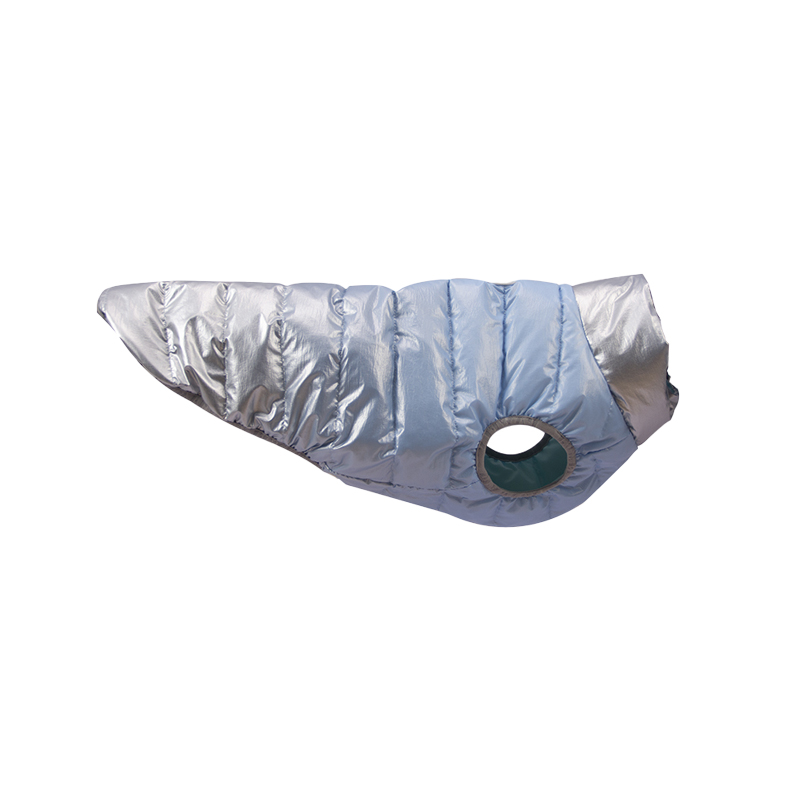Dec . 25, 2024 21:16 Back to list
Puppy Training Treat Bags from Leading Manufacturers for Your Furry Friends
The Importance of Quality in Puppy Train Treat Bag Factories
Training a puppy can be one of the most rewarding experiences for a pet owner. However, achieving successful results relies significantly on the tools used during the training process. One such essential tool is the puppy training treat bag, which has become increasingly popular among dog owners. As the need for these training aids grows, so does the importance of having reliable and high-quality factories that produce them.
The Role of Treat Bags in Puppy Training
Treat bags are invaluable during training sessions, as they provide a convenient way for trainers to reward their puppies promptly. Quick rewards encourage positive behavior and enhance the learning experience for the puppy. A well-designed treat bag can help trainers manage their treats efficiently while allowing them to remain focused on their furry companions.
Importance of Quality Manufacturing
As the demand for puppy training treat bags increases, so does the necessity for factories that prioritize quality. When it comes to the production of dog training materials, the materials and methods used can significantly affect the usability and durability of the product. Quality manufacturing ensures that the treat bags can withstand the wear and tear of outdoor training sessions, making them a more cost-effective choice in the long run.
Features of High-Quality Treat Bags
1. Durability Quality treat bags are made from strong, durable materials that can endure outdoor activities and various weather conditions. These materials resist ripping and tearing, ensuring the bag remains functional even after extensive use. 2. Water Resistance Many high-quality treat bags offer water-resistant or waterproof features, providing the ability to keep treats dry even when the weather does not cooperate. This is crucial for training in various environments, from rainy parks to humid training fields.
puppy train treat bag factories

3. Ease of Use A good treat bag should have easy-access openings for quick retrieval of treats, which allows trainers to maintain focus on their puppy rather than fumbling with the bag. Adjustable straps, lightweight materials, and belt clips can enhance portability and comfort.
4. Safety Factories that produce dog training treats must adhere to safety standards. This means using non-toxic materials and ensuring that any hardware—zippers, snaps, or clips—does not pose a choking hazard for dogs.
Sustainability Considerations
As more consumers become conscious of their choices, a push toward sustainability is becoming prominent in dog training product manufacturing. Factories that prioritize eco-friendly practices, such as using recycled materials and implementing waste-reduction strategies, gain a competitive edge in the market. This not only attracts environmentally-aware customers but also promotes a positive brand image.
Innovation in Design
The puppy training market is not just about functionality but also about innovation. Factories that invest in research and development are more likely to introduce new and exciting designs that cater to the diverse needs of dog trainers. Features like treat compartments, built-in clickers, or even integrated waste bags enhance the overall training experience and provide convenience for trainers.
Conclusion
The role of puppy training treat bag factories is vital in contributing to the successful training of puppies. As the demand for these products rises, the focus on quality, safety, and sustainability becomes more important than ever. High-quality treat bags facilitate effective learning and bonding between pets and their owners, ultimately leading to well-behaved dogs and satisfied pet parents. As consumers, making informed choices about where we purchase our puppy training equipment can significantly impact the pet industry and the health and happiness of our beloved pets. Supporting factories that prioritize these values ensures that we are not only setting our puppies up for success but also contributing to a sustainable and ethical market.
-
Trainer Winter Jacket for Girl Suppliers | Warm, Durable Bulk
NewsAug.30,2025
-
Pro Outdoor Dog Trainer Vest for Men | Durable Gear, Multi-Pockets
NewsAug.29,2025
-
Kid Outdoor Pants for Dog Train Suppliers | Durable, Functional Gear
NewsAug.28,2025
-
Kid Outdoor Pants for Dog Train Suppliers - Durable & Functional
NewsAug.27,2025
-
Durable Kid Outdoor Pants for Dog Train Suppliers - Wholesale
NewsAug.26,2025
-
Durable Outdoor Dog Trainer Gear Men Vest: Multi-Pocket Design.
NewsAug.25,2025

